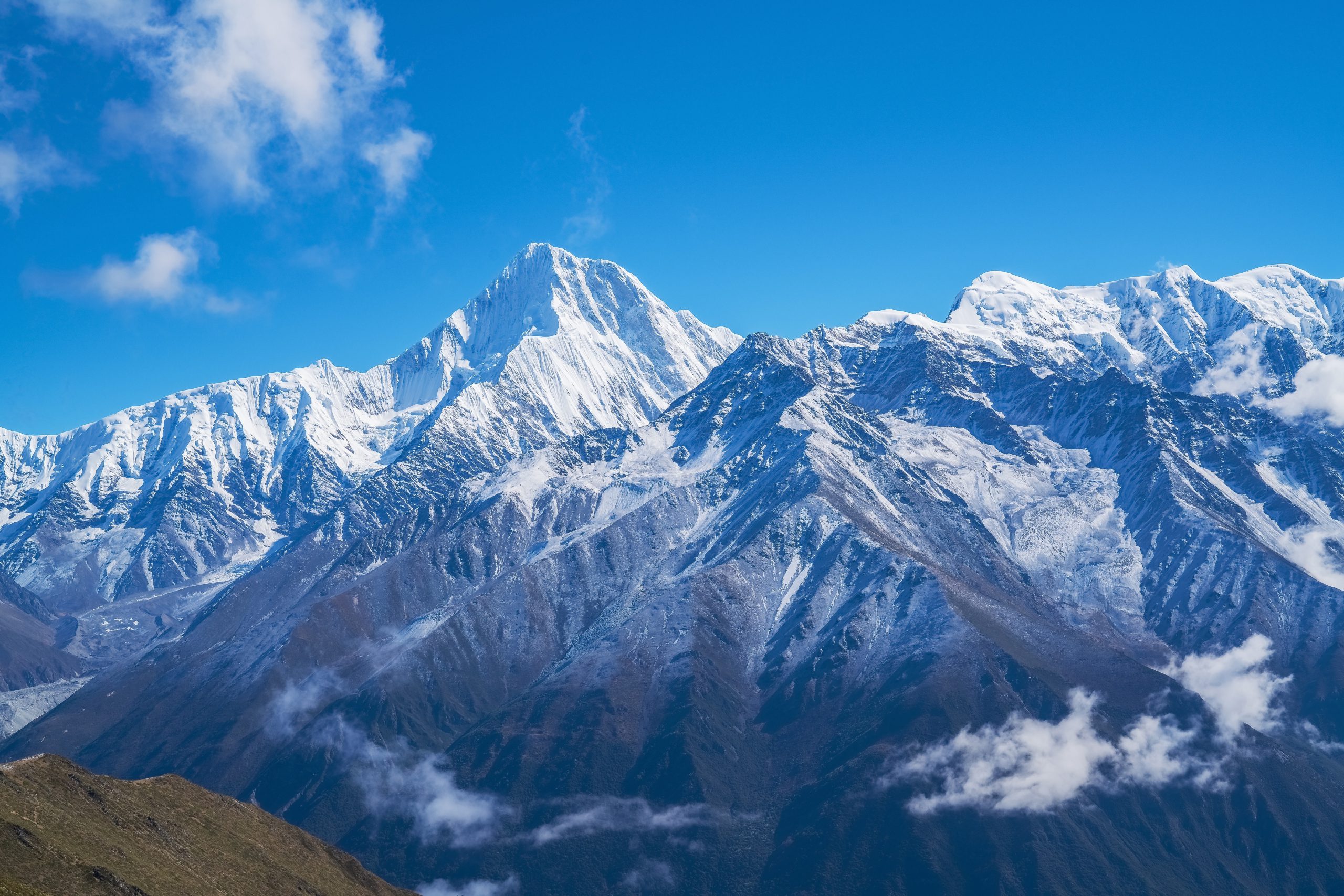I still remember the first time I held a camera. It was a clunky, film-loaded device that belonged to my father. I must have been around ten, and the camera felt heavy in my small hands, a portal to a world I was only beginning to understand. I pointed it at everything—a patch of dandelions, my mother’s laughter, the family cat mid-stretch. I was fascinated by the idea that I could capture a moment and make it last forever.
Photography, in its simplest form, has always been about freezing time. But over the years, I’ve come to realize that it does more than just preserve memories. It shapes how we remember those moments and, in turn, how we perceive reality itself.
Think about the last time you scrolled through your phone’s photo gallery or rifled through a box of old prints. Every image tells a story, but it’s not always the full story. A photo of a smiling group of friends at a party might hide the fact that someone just had an argument moments before. A serene landscape might not convey the biting cold of the wind that day. Photography, then, is as much about what it excludes as what it captures.
This selective memory can be both a blessing and a curse. On one hand, it allows us to hold onto the beauty of a moment, even if that beauty was fleeting. I remember a time when I was traveling alone in a foreign city, feeling intensely homesick and out of place. But I took a photo of a sunset over the rooftops, and now, when I look at that image, I don’t feel the loneliness—I feel a sense of wonder and adventure. The camera helped me reframe that experience into something positive.
On the other hand, there’s a risk of becoming too reliant on photography to define our experiences. Have you ever found yourself at an event, more focused on getting the perfect shot than actually enjoying the moment? I have. It’s easy to fall into the trap of seeing the world through a lens, literally and figuratively, prioritizing the visual documentation over the actual experience. When I realized this was happening to me, I made a conscious effort to put the camera down more often and engage fully with the present.
Photography has also changed the way we relate to each other. In an age of social media, images are shared instantly and widely, influencing our perceptions of others and ourselves. We curate our lives online, often presenting an idealized version that might not align with reality. This can lead to a distorted sense of self-worth, as we compare our behind-the-scenes with everyone else’s highlight reel.
But despite these challenges, I believe photography remains a powerful tool for connection and understanding. It can bridge gaps, tell stories, and inspire empathy. A photograph can capture the essence of a person or a place in a way that words sometimes cannot.
As I look back on the thousands of photos I’ve taken over the years, I see a tapestry of experiences—both the joyful and the challenging. Each image is a reminder of where I’ve been and how I’ve grown. Photography, for all its complexities, has taught me to see the world more clearly and to appreciate the moments that make up my life.
In the end, perhaps the true value of photography lies not in its ability to freeze time, but in its capacity to remind us that every moment is worth living fully, whether or not we capture it on camera.




